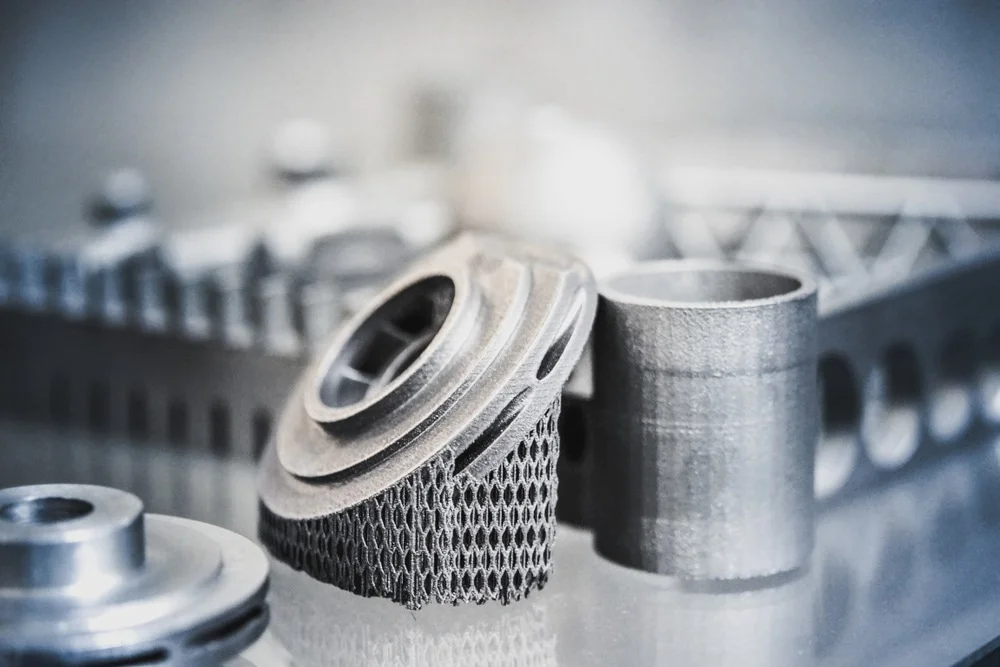ISO 6892-2 Tensile Testing at Elevated Temperatures
The ISO 6892-2 standard specifies procedures for tensile testing of metallic materials to determine their mechanical properties, including yield strength, ultimate tensile strength (UTS), and elongation. This service is particularly critical in industries where components are exposed to high temperatures, such as aerospace, power generation, and petrochemicals.
The tensile test is performed by subjecting a specimen to increasing stress until it fails. At elevated temperatures, the behavior of metals can differ significantly from room temperature due to changes in crystal structure, diffusion rates, and phase transformations. These changes affect the mechanical properties, especially creep strength and ductility.
Creep testing under these conditions is essential for assessing the long-term reliability and safety of materials used in high-temperature applications. Creep refers to the gradual deformation of a material at high temperatures over time. This phenomenon can lead to premature failure if not properly evaluated. The ISO 6892-2 standard ensures that tests are conducted under controlled conditions, allowing for accurate comparisons between different materials.
For this service, we use specialized equipment capable of maintaining precise temperature control during the test. Specimens are typically cylindrical in shape and made from various alloys or steels depending on the application. Prior to testing, specimens undergo careful preparation including cleaning, machining, and heat treatment if necessary. The choice of specimen dimensions is critical as it affects the accuracy of the results.
The test procedure involves clamping the specimen between two grips which move apart at a controlled rate. Load cells measure the force applied during stretching until failure occurs. Temperature is monitored using thermocouples or other sensors integrated into the furnace. Throughout the process, data on load versus displacement is recorded to provide detailed insights into the material's behavior.
The results of this testing are crucial for quality assurance programs and R&D efforts aimed at improving material performance in harsh environments. By understanding how materials behave under elevated temperatures, manufacturers can make informed decisions about design modifications or selecting alternative materials when necessary.
- Emission reductions from optimized designs
- Energy efficiency improvements through better material selection
- Sustained operation of equipment without frequent replacements
- Reduced waste and resource consumption due to longer product lifecycles
In summary, ISO 6892-2 tensile testing at elevated temperatures is vital for ensuring the integrity and reliability of materials used in high-temperature applications. It enables industries to meet stringent quality standards while contributing positively towards environmental sustainability goals.
Eurolab Advantages
At Eurolab, we pride ourselves on delivering top-tier metallurgical testing services tailored specifically for your unique needs. Our state-of-the-art facilities are equipped with the latest technology ensuring accurate and reliable results every time. With experienced technicians who possess extensive knowledge in this field, you can rest assured that each test adheres strictly to international standards like ISO 6892-2.
Our commitment extends beyond just performing tests; we also offer comprehensive support throughout the entire process from initial consultation through final report generation. Whether you need assistance choosing appropriate specimens or interpreting complex data sets, our team is here to help guide you every step of the way.
We understand that time is money, so we strive to provide quick turnaround times without compromising on quality. Our flexible scheduling options ensure that even tight deadlines can be met seamlessly. Additionally, all reports come complete with detailed interpretations and recommendations based on your specific requirements ensuring maximum value added service.
Customer Impact and Satisfaction
Evaluating the high-temperature properties of metallic materials is crucial for numerous industries where components are subjected to extreme conditions. By leveraging ISO 6892-2 tensile testing, companies can ensure their products meet rigorous quality standards while minimizing risks associated with failures under adverse circumstances.
Aerospace manufacturers benefit greatly from this service as they require robust materials capable of enduring significant thermal stresses without losing structural integrity. Power generation firms rely on accurate assessments to select optimal alloys for turbines and other critical components operating at elevated temperatures. In petrochemical plants, reliable testing helps prevent leaks leading to hazardous situations.
Not only does this service enhance product safety but it also contributes significantly towards reducing operational costs by identifying potential issues early in the development cycle. Through precise evaluation of materials' performance under various conditions, businesses can avoid costly rework or redesign efforts later on down the line.





